Researchers
To maximize efficiency and foster expertise, the Thompson Center has developed a unique research structure that supports our mission of supporting individuals and families impacted by autism and other neurodevelopmental diagnoses. Our centralized Research Core allows our dedicated faculty to work on a wide range of studies with professional staff support, ensuring that the complexities of autism are met with the utmost care.
Thompson Center Faculty Researchers
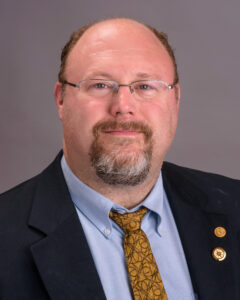
David Beversdorf, M.D.
Professor
Academic Department: Radiology, Neurology, Psychological Sciences
Research Interests:
- Alzheimer’s & dementia
- Autism
- Cognition
- Epigenetic biomarkers
- Neuroimaging
- Neuroscience
- Pharmacology
- Stress
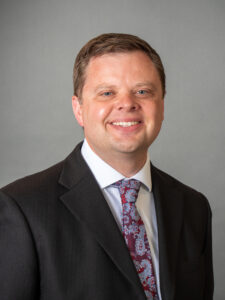
Benjamin Black, M.D.
Associate Professor
Academic Department: Pediatrics
Research Interests:
- ADHD
- Autism
- Pharmacology
- Precision medicine
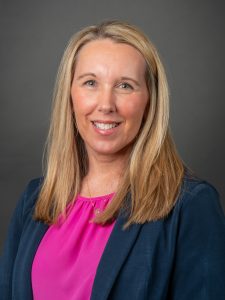
Connie Brooks, Ph.D.
Clinical Professor & Executive Director, Thompson Center for Autism & Neurodevelopment
Academic Department: Health Psychology
Research Interests:
- Autism in the foster care population
- Clinical processes
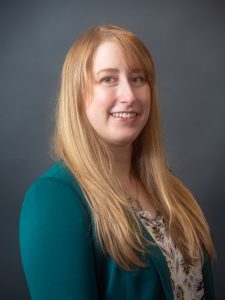
Joanna Mussey, Ph.D.
Assistant Professor
Academic Department: Psychiatry
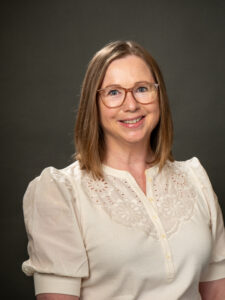
Kerri Nowell, Ph.D.
Associate Clinical Professor
Academic Department: Health Psychology
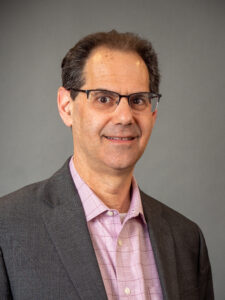
Stephen Sheinkopf, Ph.D.
Professor
Academic Department: Pediatrics
Research Interests:
- Autism
- Infant cry and vocalizations
- Prematurity
- Prenatal exposures
- Social communication and development
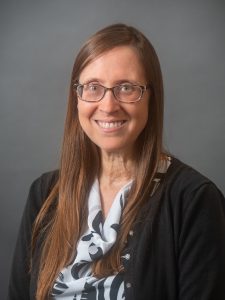
Tracy Stroud, D.O.
Professor
Academic Department: Pediatrics
Research Collaborators
Brad Ferguson, Ph.D.
Research Assistant Professor
Academic Department: Neurology
Research Interests:
- Anxiety
- Autism
- Clinical trials
- Epigenetic biomarkers
- Gastrointestinal disorders
- Mobile app development
- Neuroimaging
- Precision medicine
- Stress
- Wearable technology
Judith Miles, M.D., Ph.D.
Professor Emerita
Academic Department: Pediatrics, Genetics
Research Interests:
- Autism
- Catatonia
- Dysmporhology
- Gender
- Genetics
Laura Morett, Ph.D.
Assistant Professor
Academic Department: Speech, Language, and Hearing Sciences
Research Interests:
- Autism
- Gesture production and processing
- Language acquisition
- Neuroscience
- Speech and language
Rose Osnaya, Ph.D., BCBA-D
Professor
Academic Department: Special Education
Research Interests:
- Autism
- Behavior
Chi-Ren Shyu, Ph.D.
Director of MU Institute for Data Science and Informatics, Paul K. and Dianne Shumaker Professor
Academic Department: Electrical Engineering & Computer Science
Melanie Tkach, Ph.D., MSOT, OTR/L
Assistant Professor
Academic Department: Occupational Therapy
Research Trainees
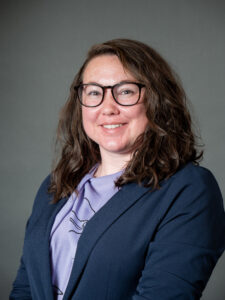
Erin Andres, Ph.D.
Research Postdoctoral Fellow
Academic Department: Thompson Center
Research Interests:
- Genetics
- Infancy
- Language Development
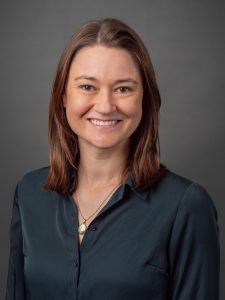
Courtney Bernardin, Ph.D., BCBA
Doctoral Psychology Intern
Academic Department: Health Psychology
Research Interests:
- Autism
- Diagnostics
- Intersectionality
- Intervention
- Mental health
- Sex/gender differences
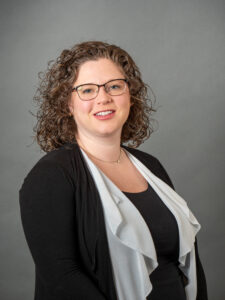
Katie Blount, D.O., M.P.H.
Developmental-Behavioral Pediatrics Fellow
Academic Department: Pediatrics
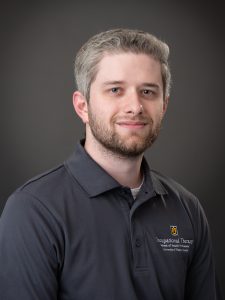
Nathan Dare, M.O.T., OTRL/L
Graduate Assistant
Academic Department: Occupational Therapy

Braden Hayse, M.A., M.S.
Graduate Research Assistant
Academic Department: Psychology
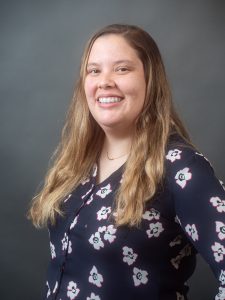
Elly Ranum, M.D.
Developmental-Behavioral Pediatrics Fellow
Academic Department: Pediatrics
